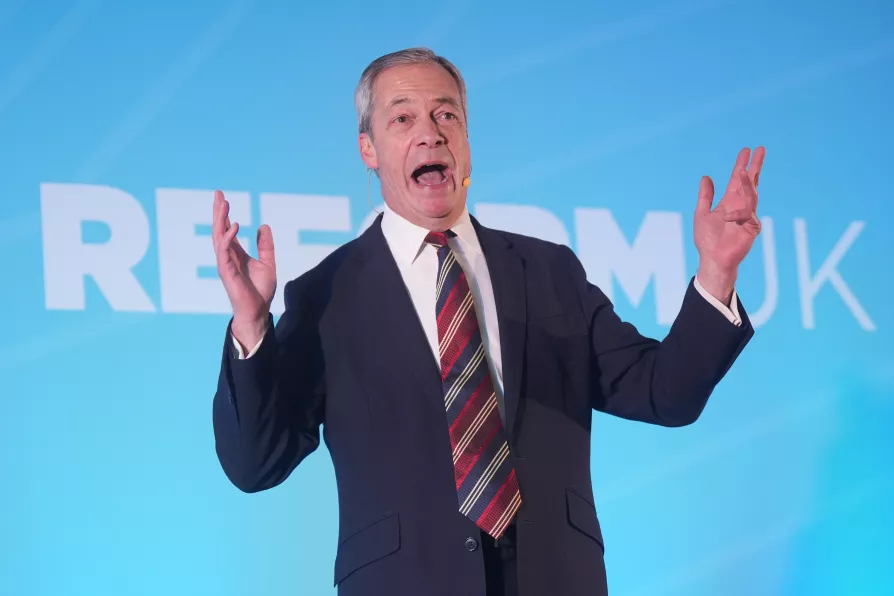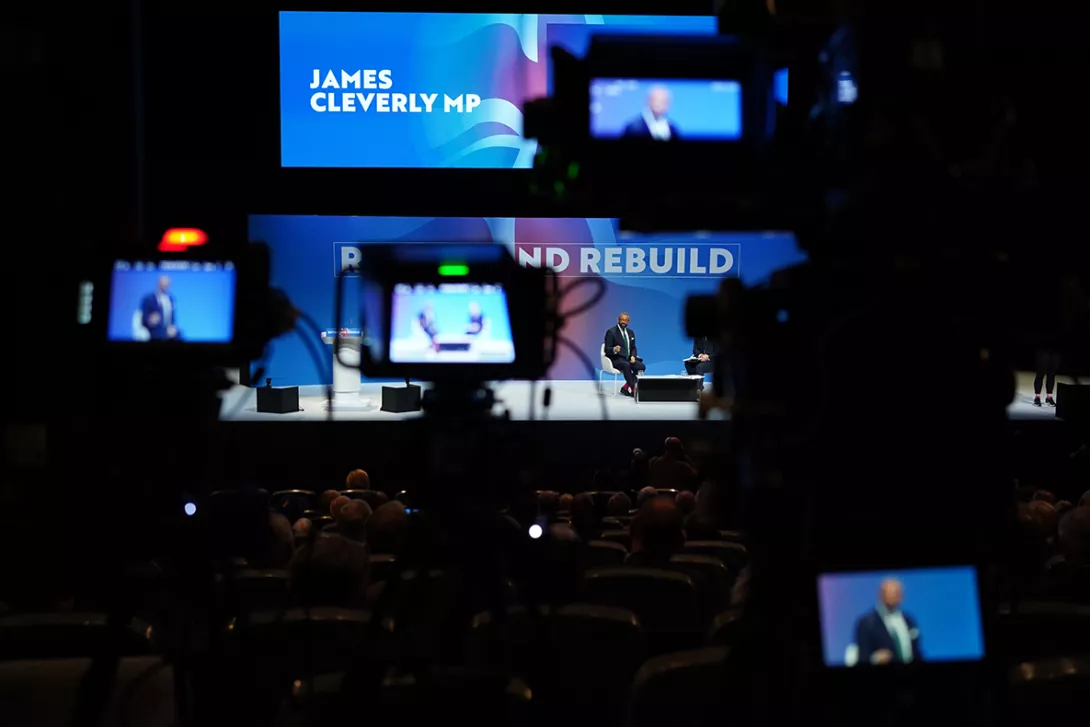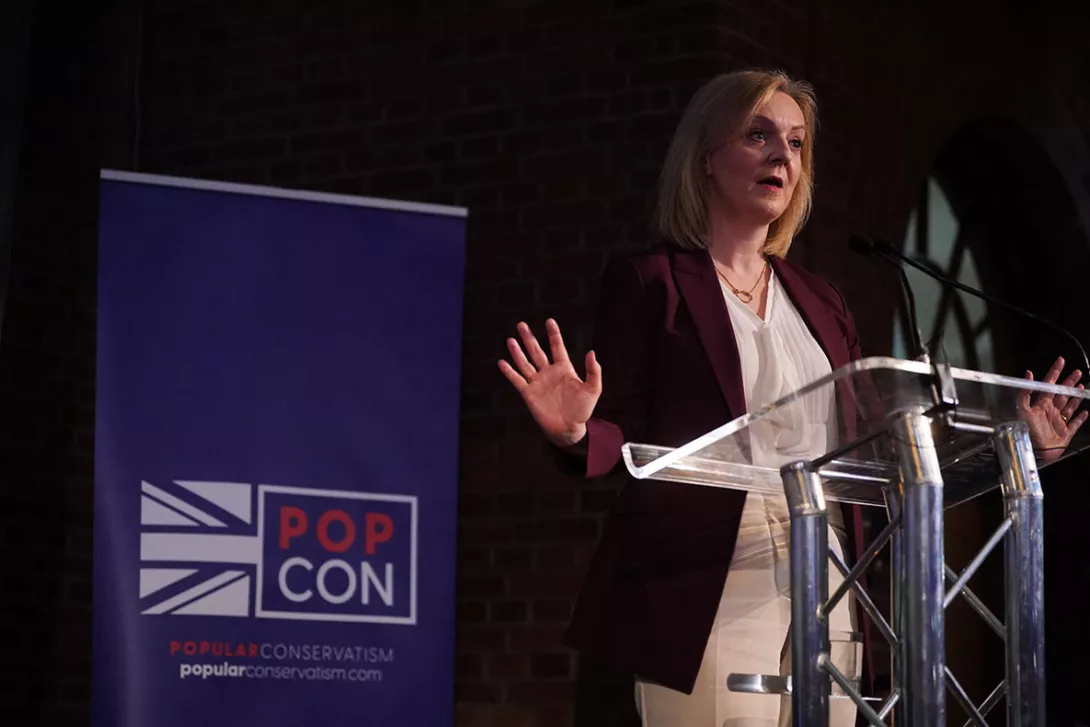PopCon shows Tory future
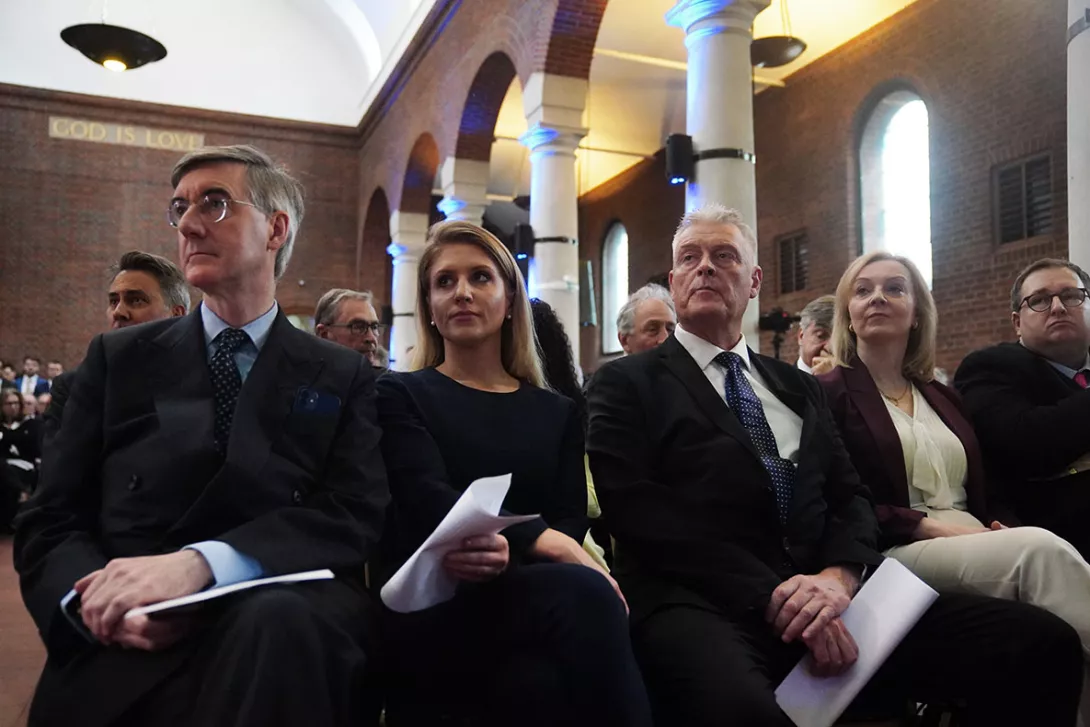
IF A gothic horror show is the way to the electorate’s heart then the new Popular Conservative movement, launched today, could be onto something.
A platform which saw brutal populist Lee Anderson followed by 18th century aristo Jacob Rees-Mogg, in turn succeeded by swivel-eyed ex-premier Liz Truss is not for the faint-hearted.
“This is not about the Tory leadership,” PopCon’s new director said at the launch. That suggests that it is not for the truthful either.
More from this author

While Israel stalls on ceasefire agreement, its military kills another 78 people in Gaza
Similar stories

While the Labour-turned-Tory-turned-Reform UK politician might hold deeply objectionable views, there are lessons to be drawn about class discontent and how socialist leadership should respond, argues ANDREW MURRAY
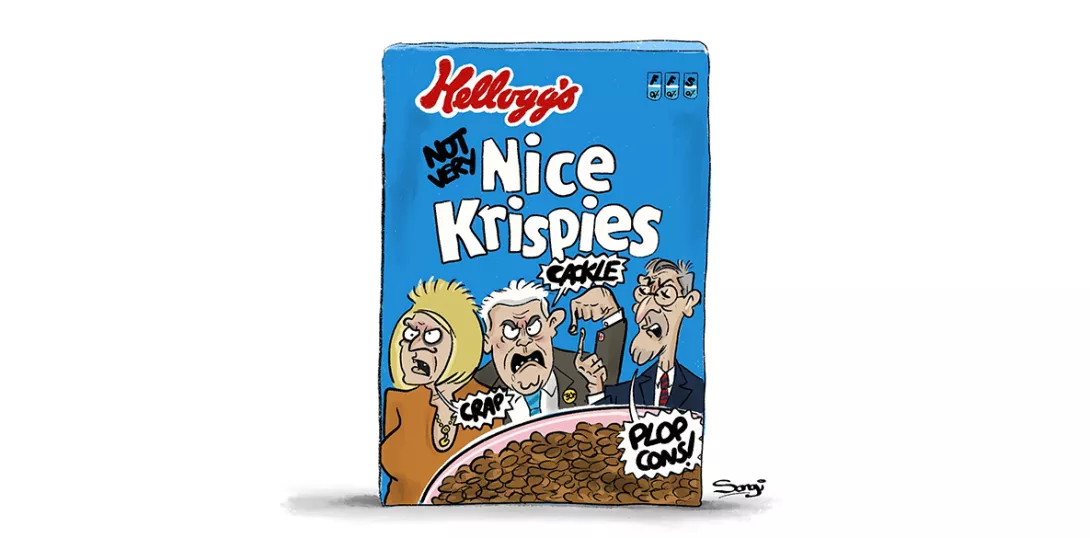
The doughty troubadour finds new lyrics attaching themselves to 1960s earworms, promotes lyrical cycling, and reveals his earliest inspirations












